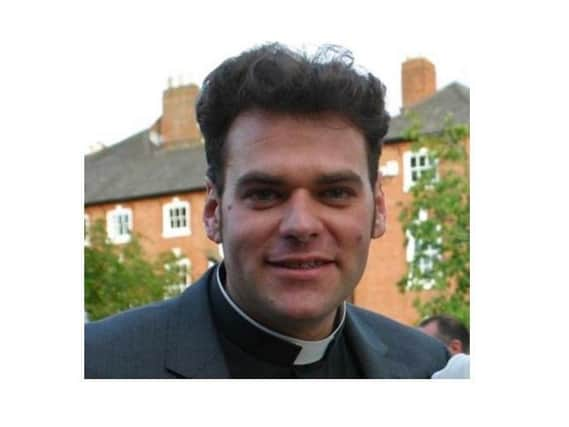Comment by Harborough churches: Hope over optimism


As another football season draws to a close (granted with more silverware for Leicester than my beloved Brighton), I’m reminded of the adage, ‘it’s the hope that kills you’. I remember calling my dad, another longstanding Brighton fan, some years ago when we were a dozen points top of the division at the season’s midway point. Without any sarcasm, he suggested another few points and we might be safe from relegation. His experience cautioned that too much expectation can be devastating.
The same is true for me as I support a wife who, like many, has had long Covid for almost 15 months.
Advertisement
Advertisement
As readers with loved ones suffering long term illnesses will know, the unpredictability of good days and bad days can either push us to cynicism and hopelessness on one hand, or optimism and disappointment on the other.
We may feel the same as we open papers or scroll social media. Reopening, new variants, vaccination rates, traffic lights. Hope and disappointment, rolled together in every news cycle. So how can we live best in uncertain times?
Whilst both can look the same, as a Christian I’ve learnt the answer lies in the world of difference between optimism and hope. Optimism is the very worst fast food. It fills us up quickly, but with energy that dissipates as quickly as it forms, leaving us hungrier and more bloated than before. Yet, like almost every variety of fast food for me, it’s hugely tempting. It tastes good, looks good and, most of all, is easy. Whilst occasional fast food isn’t bad for us, to live on it puts our health at risk. It is the optimism that kills us.
Hope, however, is radically different. It isn’t wish fulfillment or positive thinking. It’s not glib and, at times, not easy. Proper hope requires us to work at it, to long for it, to take responsibility in it. Hope gives us tenacity to keep going in the hardest times, knowing there is more and better not just as dream but as reality. The hope that makes life possible doesn’t instantly remove all pain. Hope does not disappoint.
Advertisement
Advertisement
That is why Christians are a people of hope not optimism. We trust God’s promises will come to pass because he loves us, has made the very best possible for us and cheers us on as we travel towards it.
Hope is paradoxical. It is both a gift only to be received, not earned, and yet requires us to actively seek it, not passively consume it.
Over the last year we’ve seen countless stories through Harborough District of people encouraging one another in that hope. Just this week I heard again of a group of people who have been calling around people they know in the community who might not have anyone else to speak with that day.
Encouraging them in hope. What might we each need to change to go up just one more gas mark in living hopefully this day, both for ourselves and for others?
By Barry Hill,Team Rector for the Church of England in and around Market Harborough